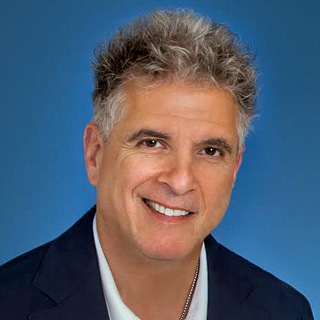
Instead of building mass by stringing together operators with national reach, skilled nursing operators and owners should instead concentrate on finding smaller, nimble partners.
That was the message from Rick Matros, chairman and CEO of Sabra Health REIT, at the recent annual fall meeting of the National Investment Center for Seniors Housing & Care. Matros repeatedly declared an affinity for smaller, regional players as a panelist at the session “The Evolving SNF World: Where Are the Investment Opportunities?”
“We think the national groups can’t do it anymore. There are no advantages, just disadvantages. Not long ago, the REITs aggregated assets. I don’t think they can anymore,” Matros declared to a full house.
His comments, and part of the reason for the crowd, undoubtedly were grounded in Sabra’s announcement earlier that week that it planned to sell its remaining operations run by Genesis HealthCare by the end of the year.
The REIT also announced it was acquiring a smaller group of 24 skilled and transitional care properties. The deal complements other recent acquisitions that have given the REIT greater mass but no single part with the vast scope of Genesis.
Matros said providers with “two to five” properties can be very good investments.
“Focus on regional or smaller-market operators,” he advised. “Some of them are sophisticated and quite smart. They don’t necessarily own the market, but they know it well. Markets are changing. Referral sources are changing. You need to be nimble.”
He said Sabra has put smaller operators into group purchasing organizations and boosted their buying power in other ways.
“I see no dis-economies of scale,” he noted. Smaller operators “have personal relationships that bigger guys can never have,” he added.
From the November 01, 2017 Issue of McKnight's Long-Term Care News




